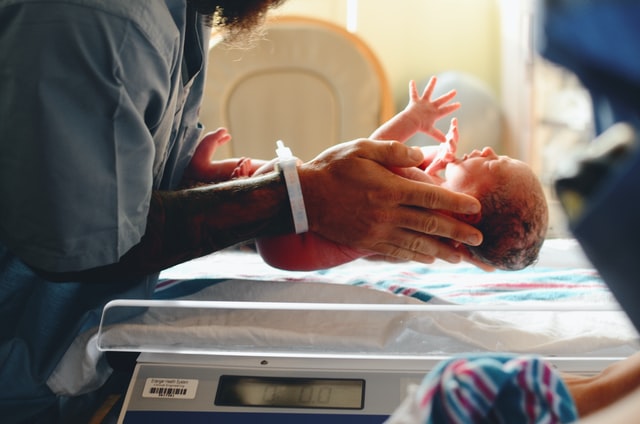Aggregated News

In a high-level report precipitated by the birth of CRISPR babies in China in 2018, scientists say the technology’s next medical use should be narrowly restricted to prospective parents who can’t otherwise have a healthy child, such as Black couples who both have sickle-cell disease.
The 200-plus-page report, from the US National Academies and the UK Royal Society, says “heritable genome editing,” or the use of powerful DNA-editing tools like CRISPR to rewrite the genes of human embryos, is not yet safe enough to use in IVF clinics, but anticipates it could become so in the future.
If it does get used again, the technology’s initial application should be to help couples with no chance of having a healthy child otherwise, a rare situation but one in which the benefits could most clearly outweigh the risks.
In a Zoom call with journalists, Richard P. Lifton, the panel’s co-chairman and the president of Rockefeller University, in Manhattan, described the report as diagramming a “staged rollout of the technology, to make sure [it] is safe.” The panelists said futuristic applications like...



